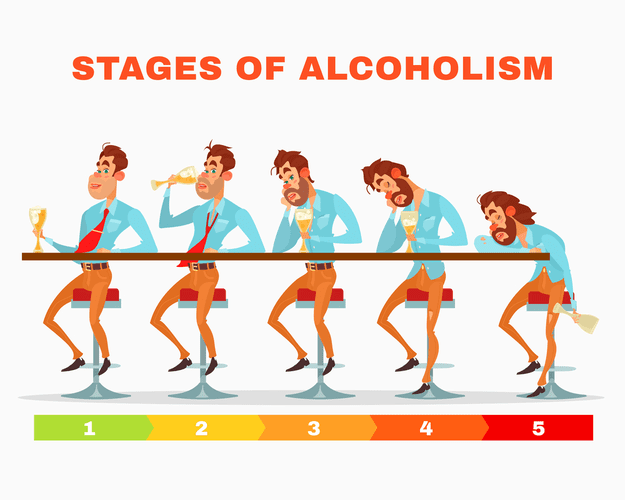Content
After you have chosen your team, meet up and discuss the nature and extent of the problem your loved one has. Mental health and wellness tips, our latest guides, resources, and more. Alcoholics Anonymous (AA) – Learn more about AA’s 12 steps and find a support meeting in your area. Whether or not they have an alcohol use disorder (AUD), they might not be able to give up alcohol on their own. The U.S. Food and Drug Administration (FDA) has approved three medications for treating alcohol dependence, and others are being tested to determine whether they are effective.
An addiction professional will take into account your loved one’s particular circumstances, suggest the best approach, and help guide you in what type of treatment and follow-up plan is likely to work best. An intervention for alcoholism can be a powerful tool in helping a loved one seek treatment for their addiction. However, it’s essential to approach this process carefully and avoid certain mistakes that could undermine its effectiveness.
Mental Health Services
It can feel overwhelming to start the process of an intervention, especially when there is concern about how the individual may react. These feelings are valid and clearly reflect love for the person and concern for their wellbeing. It is also that sense of love that how to do an intervention for an alcoholic acknowledges that doing nothing will often lead to an even greater risk of danger. Traditionally, having at least three options is considered optimal for selection, though making sure to not include too many options is also important to not overwhelm the individual.
This includes pre-contemplation, contemplation, preparation, action, and maintenance. The Intervention targets the individual’s current stage of change and provides support and resources to help them move forward. This approach operates under the idea that individuals do not undergo sudden or definitive behavioral changes. Instead, change occurs gradually in a cyclical process, especially regarding established habits.
How to Help an Alcoholic: A Guide to Support and Recovery
That’s why some experts advise against a big formal intervention. But if you want to get others involved, only invite people who your loved one likes or respects. If you’re not sure when your loved one drinks, consider holding the intervention first thing in the morning. Speak up when you first notice alcohol is causing trouble in their life.
- Focus on the emotional, physical, personal and professional problems that have occurred due to their excessive drinking habits.
- If your alcohol intervention has failed, you must realize that you can’t force an alcoholic to change.
- Sometimes, this change in attitude prompts the addict to realize the damage their behavior is causing.
- This may help the person with the addiction realize the impact their drinking has on friends and loved ones, and may encourage them to eventually seek treatment.
Let us connect you with an interventionist so they can get the help they need. Additionally, providing positive reinforcement for any progress made can help to maintain progress and motivation, making the loved one see how far they have come in their recovery journey. Following up on progress is essential in ensuring a successful outcome for individuals struggling with alcohol misuse.
What biological markers detect alcoholism?
A helpful method for this is to have everyone write a letter to read aloud in the meeting. Having an addiction professional’s help with the preparations and the intervention itself may increase the chances of success. For more information regarding available treatment options, contact a treatment provider today.
At the end of the meeting, the individual is presented with various treatment options and encouraged to get professional help. The method establishes clear consequences that will take place if the individual does not agree to do so, such as the possibility of divorce, cessation of financial assistance, and more. Many family members of someone struggling with alcohol dependency try everything they can think of to get their loved one to stop drinking. Unfortunately, this usually results in leaving those family members feeling lonely and frustrated.
Find Drug & Alcohol Rehab Programs Near You
Keep in mind that your loved one may know they have a drinking problem, but is unwilling to come to terms with it. Sometimes an alcohol intervention brings up many unwanted feelings, which can be an emotional experience for all of the parties involved. For instance, family members may explain how their loved one’s excessive drinking has resulted in damaged relationships or unmet needs. This can be difficult for someone to hear and may produce a sense of sadness, anxiety, or even anger. Although it’s not always easy, the sooner you intervene, the better the chances for a successful recovery. A family alcohol intervention can be the first step to recovery for all involved.



قم بكتابة اول تعليق